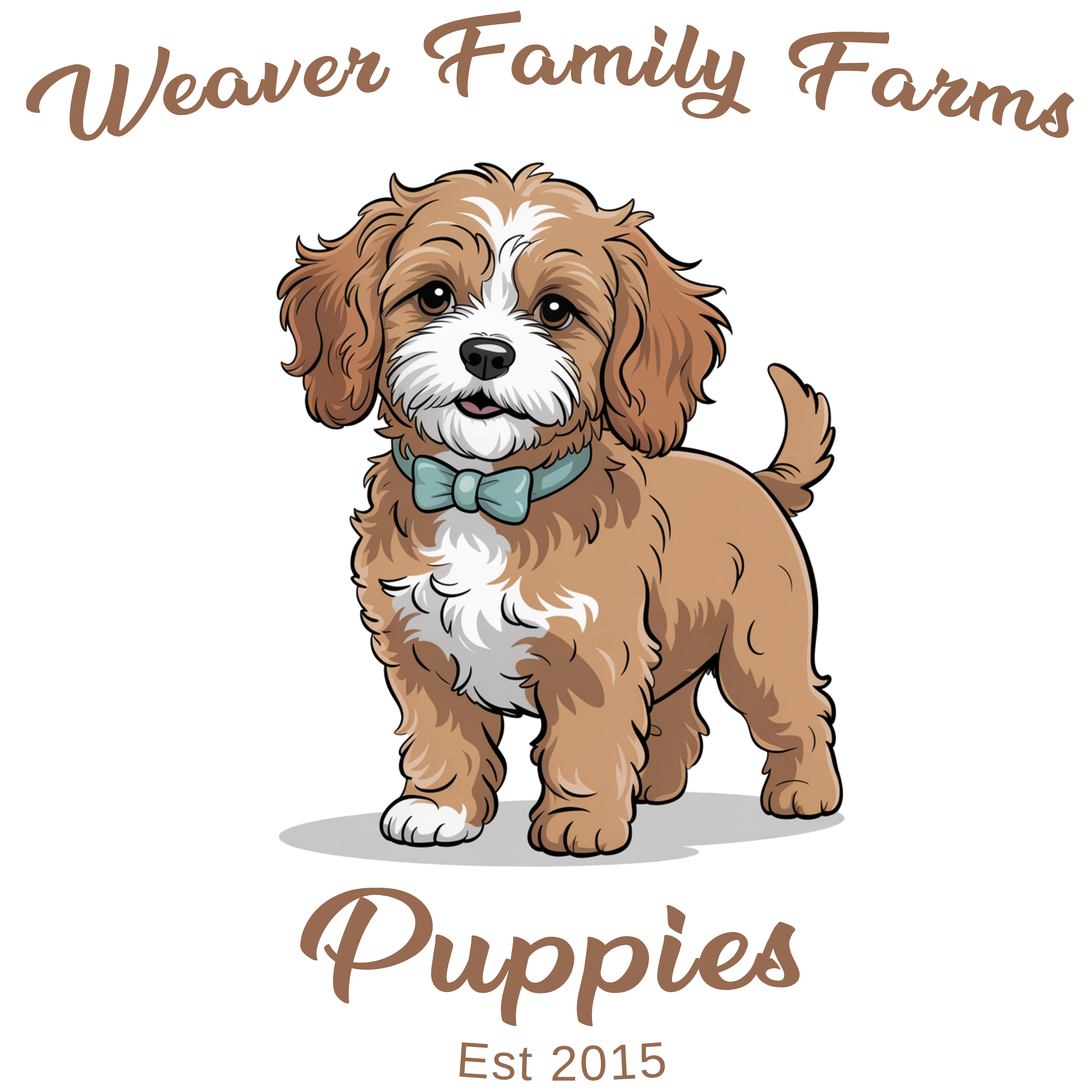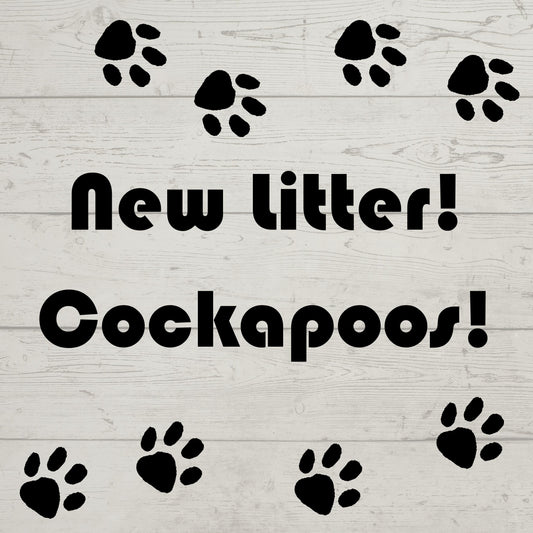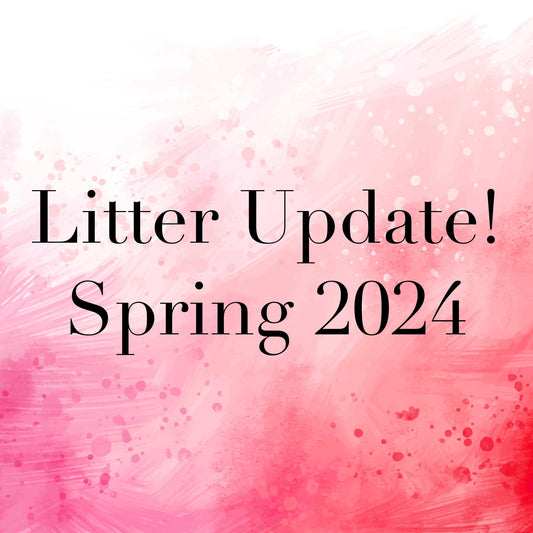Why Bathing Your Puppy is a Common Concern
One of the most common questions we get from new puppy owners is, "How often should I bathe my puppy?" It's a valid concern—everyone loves a clean home, and the idea of a muddy puppy tracking dirt across the floor or onto the furniture isn’t appealing. But here's the thing: while we humans love to stay clean, our furry friends don’t quite feel the same way.
Puppies, in particular, love getting into all sorts of messy situations—whether it's rolling in the mud, playing in the grass, or finding the one puddle in the yard. But does that mean they need frequent baths? Not necessarily! As house dogs, we do want our pups to stay clean, but there are other factors to consider before you start filling up the tub every week.

Do Puppies Really Need Baths?
You might be surprised to learn that puppies don’t actually need as many baths as you might think. Sure, they love getting dirty—whether it’s rolling around in the mud or playing in the yard—but unlike us, they don’t need frequent baths to stay healthy. In fact, over-bathing your puppy can actually do more harm than good by stripping their skin of natural oils that help keep it moisturized and protected.
Dogs, including puppies, have natural oils on their skin that act as a barrier to keep their coat and skin healthy. Bathing too often can wash away these oils, leading to dry, itchy skin—especially in puppies who are still developing. This is why most puppies only need a bath a few times a year, unless they get into something particularly dirty.
It’s important to remember that while your puppy may enjoy getting dirty, that doesn’t mean they need constant baths. If you’re training your pup and worried about hygiene during that process, you can check out our Easy Guide to Training a Cockapoo Puppy for more tips on keeping your puppy well-behaved and clean without overdoing the baths.
How Often Should I Bathe My Puppy?
So, how often should your puppy really have a bath? The general rule of thumb is that most dogs, including puppies, only need a bath a few times per year. This is because, as we mentioned earlier, dogs have natural oils on their skin that help keep it healthy and moisturized. Washing them too frequently can strip these oils, leading to dry, itchy skin.
Of course, there are exceptions to this rule. If your puppy loves getting dirty or has a habit of rolling in something smelly, an extra bath here and there won’t hurt. Just be mindful not to overdo it. If you notice that your puppy’s skin is becoming dry or irritated, it might be a sign that you’re bathing them too often. In that case, cutting back on baths can help restore their skin’s natural balance.
In between baths, regular brushing and wiping down with a damp cloth can keep your puppy clean without affecting their skin. If you're a new pet owner, it’s important to also understand that bringing your puppy into a clean and structured home environment helps them adjust. Check out our guide on Helping Your Dog Adjust to a New Home for more tips on creating a welcoming space for your new puppy.
Signs You Might Be Bathing Your Puppy Too Much
While keeping your puppy clean is important, over-bathing can lead to some uncomfortable side effects. One of the most common signs that your puppy is getting too many baths is dry, flaky, or itchy skin. When you wash away the natural oils that protect your puppy's skin, it can leave them feeling uncomfortable and even cause them to scratch excessively.
If you notice your puppy constantly itching or scratching, it might be time to cut back on bath time. Another sign could be a dull coat—those natural oils help keep their fur shiny and soft, so without them, their coat may lose its luster. Additionally, if you see redness or irritation, especially after bath time, it’s a clear indication that your puppy’s skin needs a break.
In these situations, switching to a gentler shampoo can make a big difference. We recommend Burt's Bees for Pets Tearless Puppy Shampoo, which is made with natural ingredients like buttermilk and linseed oil to soothe your puppy’s skin without stripping away those important oils. If your puppy is spending a lot of time outdoors, make sure to protect their sensitive skin from the sun, too—our article on Sun Protection Tips for Your Cockapoo, Cavapoo, and Maltipoo offers great advice.
Maintaining Your Puppy’s Coat Between Baths
Bathing doesn’t have to be the only way to keep your puppy clean. In fact, there are several things you can do between baths to maintain their coat and hygiene without disrupting the natural oils on their skin. Regular brushing is key. By brushing your puppy a few times a week, you can remove dirt, debris, and loose fur, all while keeping their coat looking shiny and healthy. This also helps prevent matting, especially for breeds with longer or curlier coats.
For quick cleanups, consider using puppy-safe wipes or a damp cloth to spot-clean areas that might get dirty from outdoor play. This way, you can clean off mud, dirt, or other messes without giving your puppy a full bath.
Dry shampoo designed for puppies is another option to keep them smelling fresh without the hassle of a full wash. And don’t forget about grooming essentials, like trimming nails and cleaning ears, which can help maintain overall cleanliness and reduce the need for frequent baths.
Keeping your puppy’s environment clean is just as important as grooming. This helps reduce the likelihood of them rolling around in something smelly. If you're looking to expand your family with more adorable pups, check out our Puppies for Sale page. We've got plenty of little ones waiting for their forever homes!
The Importance of Choosing the Right Puppy Shampoo
When it’s time for a bath, using the right shampoo makes all the difference. Puppies have delicate skin, so it’s important to use a gentle, tearless shampoo that won’t cause irritation or strip away the natural oils their skin needs. Not all shampoos are created equal, and human shampoo, or even some dog shampoos, can be too harsh for puppies.
We recommend opting for shampoos that are specially formulated for puppies. Products like Burt's Bees for Pets Tearless Puppy Shampoo are a great choice because they use natural ingredients like buttermilk and linseed oil, which soothe and moisturize your puppy’s skin while keeping their coat clean. Plus, the tearless formula ensures that if a bit gets into their eyes, it won’t sting or cause discomfort.
Choosing a shampoo with gentle, natural ingredients helps protect your puppy’s skin and coat, keeping them soft, healthy, and smelling fresh. If your puppy struggles with skin sensitivity or itchiness, consider using an oatmeal-based shampoo, which is known for its soothing properties. This small step can make bath time much easier on your pup—and on you!
And remember, if you ever notice your dog developing strange skin issues, be sure to investigate other factors as well, like diet or outdoor habits. For example, our article on Why Does My Dog Eat Poop? discusses potential causes and solutions for unusual behavior that could be affecting your dog’s health.
What If My Puppy Has Sensitive or Itchy Skin?
If you notice that your puppy has recurring dry or itchy skin, even after reducing bath frequency and using a gentle shampoo, it might be time to dig deeper into the cause. Sometimes, puppies can have sensitivities to certain environmental factors, like grass, pollen, or even certain foods. If your pup’s skin issues persist, it’s always a good idea to check in with your vet to rule out any underlying health conditions or allergies.
In the meantime, you can try switching to an oatmeal-based or hypoallergenic shampoo designed specifically for dogs with sensitive skin. These types of shampoos are soothing and help reduce irritation without causing further dryness. Additionally, making sure your puppy stays hydrated and gets a well-balanced diet can improve their skin health from the inside out.
Regular grooming, like brushing and trimming, can also help maintain healthy skin. If your puppy's itchy skin isn’t improving, a vet visit is the best next step to ensure nothing more serious is going on.
For more tips on caring for your new puppy and ensuring a smooth transition into their new life, check out our guide on Helping Your Dog Adjust to a New Home. Ensuring your puppy feels comfortable and stress-free in their environment is just as important for their overall health and happiness.
Keep Bathing Fun and Minimal
Bathing your puppy is important, but it's essential to remember that less is often more when it comes to bath time. Puppies don’t need frequent baths, and over-bathing can lead to dry, itchy skin and discomfort. Instead, focus on regular grooming, spot-cleaning, and using the right shampoo to keep your puppy looking and feeling their best between baths.
When it is time for a bath, make the experience as positive and stress-free as possible. Use a gentle, puppy-safe shampoo like Burt's Bees Tearless Puppy Shampoo to ensure their sensitive skin stays healthy, and always be mindful of any signs that they might need fewer baths.
By keeping bath time minimal and focusing on their coat's natural health, your puppy will not only stay clean but also feel great. And remember, taking good care of their hygiene is just one part of raising a happy, healthy puppy. Explore our selection of Puppies for Sale if you’re ready to add another adorable member to your family!
We may earn a small commission from any amazon products you purchase through our links on our website.


















